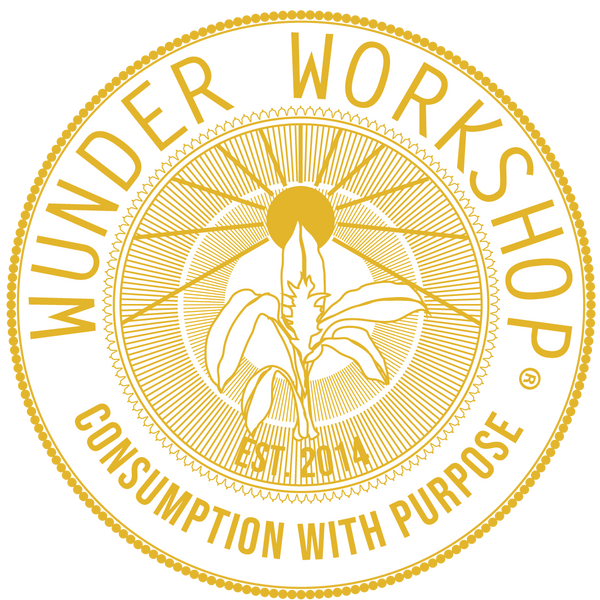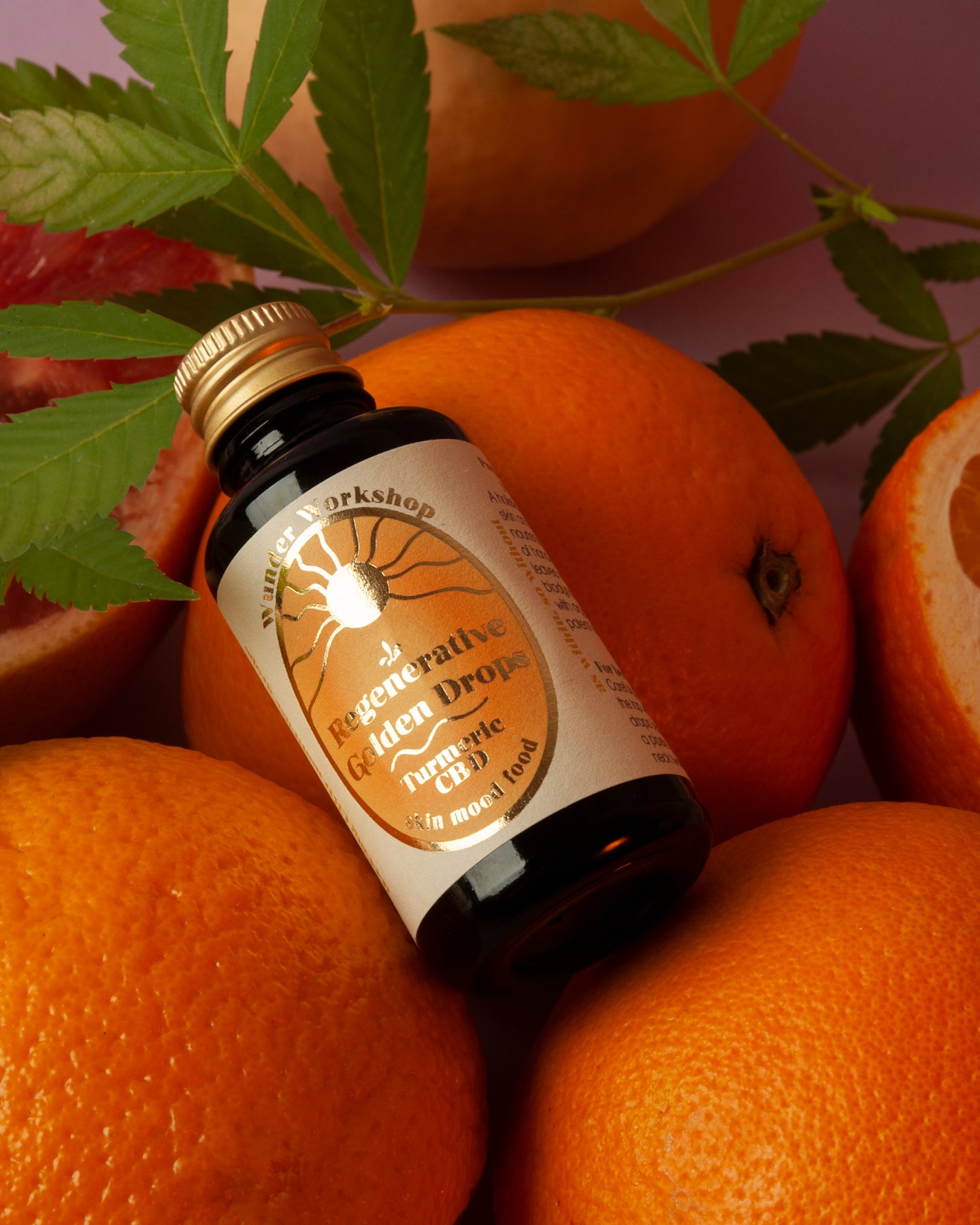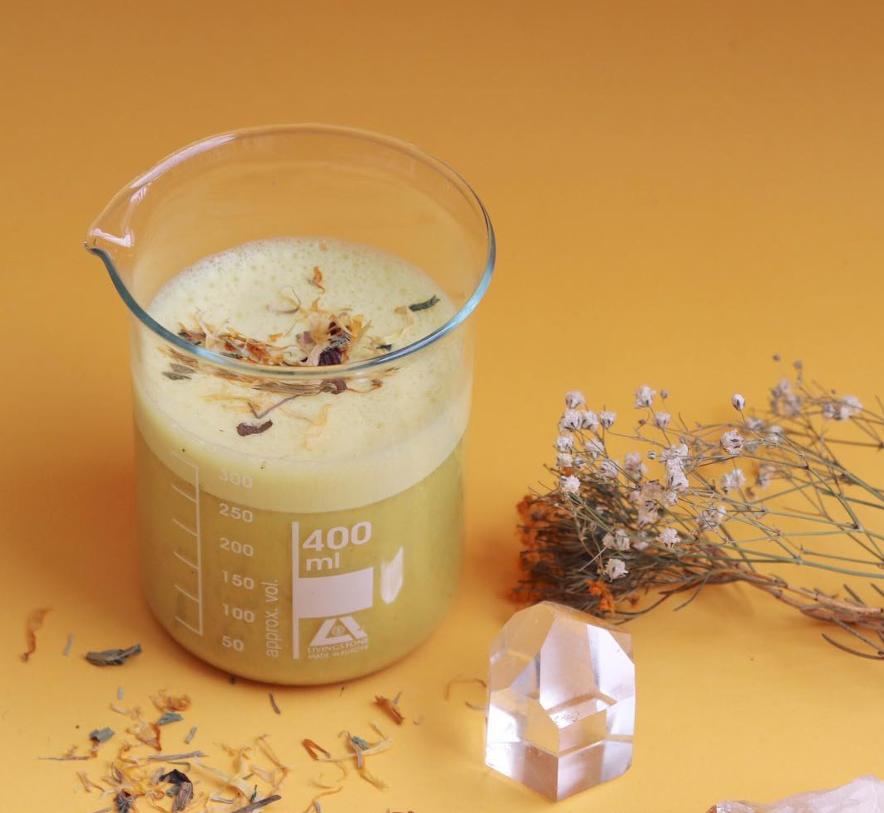
Last week I (Zoë) attended the Oxford Real Farming Conference, which is an alternative farming conference attracting farmers, growers, activists, policymakers, and researchers from around the world who are interested in transforming our food system.
The programme delves deep into farming practices and techniques, as well as addressing the bigger questions relating to our food and farming system.
Subjects included agroecology, regenerative agriculture, organic farming and indigenous food and farming systems.
Below, I share some of my main learnings in note form from the talks that included inspiring speakers such as – Vandana Shiva, Satish Kumar, Guy Singh-Watson, Charles Dowding, and many more inspiring people.
- As always, Vandana Shiva tells it exactly how it is. In the opening session she reminded us how the tools of war became agricultural chemicals and that those very same companies that created the chemicals to kill people during WWI, have since then commercialised these chemicals as pesticides that are being used worldwide on our food, just in different quantities.
- This is an important reminder that health isn’t necessarily always at the forefront of big businesses, especially Big Agriculture. Pesticides are causing detrimental health problems for farmers, the consumers, and for nature itself. This is an important factor, as it’s often the Big Agricultural lobby groups that influence (agriculture and environmental) policy making.
- Furthermore, 60% of seeds today are owned by Big Agriculture, making it very hard for farmers to work independently, as getting hold of seeds is becoming increasingly difficult.
Why does this matter? Because limiting the ownership of seeds to the four Big Agriculture corporations is decreasing the variety of fruits, vegetables and herbs that are naturally available.
- Seed diversity is essential to keep biodiversity, culture, and traditions alive. If you control seeds, you control food. So, by growing your own food, harvesting your seeds, and sharing them with your community you are creating seed sovereignty and independence of the big four. Unfortunately, when you become dependent on the Big Ag’s seeds, you can’t germinate your own seeds that have grown from that plant - both technically and legally! Bayer owned Monsanto, for example, modifies the seeds in such a way that you always need to buy more seeds and can’t self-harvest the following season.
- Big Agriculture also own stakes in influencing the media. Articles about farming in mainstream media are usually written by scientists on Big Agriculture’s payroll, very similar to how Big Pharma functions. Hence why as long as these companies, and Bill Gates (USA’s biggest farmland owner who, unfortunately, isn’t planning to involve organic, biodynamic or regenerative farming methods, which are needed to heal ecosystems and produce truly sustainable, nourishing food for future generations) have stakes in the BBC, The Guardian and many more news outlets. We won’t be receiving absolutely honest and transparent news regarding the impact of GMOs, the wide use of pesticides, monocultural farming, and pharmaceuticals whilst this remains the case.
- A lot of the narrative that is used by Big Agriculture is based on the need to “feed the world” but it’s essential to focus first on how we feed our locality. We are already so detached from our local farmers and community. If we speak to and support our local farmers, we reinforce community, and (re)create a local economy.
Also, 1/3 of food produced in the world is wasted, we have enough food, but we just don’t have the right and fair distribution.
- The falsehood of cheap food - supermarket food prices don’t demonstrate the true cost of food, which includes large subsidies from taxpayers’ money and the effect that is having on the NHS (health system).
- Most of the food available in supermarkets that is cheap is ultra-processed food, which is basically taking raw plant ingredients and altering and processing them in a lab to then create “food”. If we skipped that whole process, we could eat beautiful ingredients directly from the land and learn to reconnect to true food.
- We need to stop seeing food as a commodity but rather as a flowing currency. The fact that we must buy the means to live, is a crisis. We aren’t facing a living crisis but instead a crisis of denying life (access to good food).
- Increase in depression is directly linked to the decrease of Zinc in our soils. Soil health affects human health.
- We all need to farm, even if we take care of 1 plant, we are farming. Taking care of soil is our number one education. Living and learning with Mother Earth as her children.

(Image credit: Everett Collection Inc/Alamy)
The following points were made by: Aled Jones President of NFU CYMRU
- The total amount of land that is owned by farmers is becoming bigger, and therefore there are less farmers, this results in the fact that it is taking farming away from communities. But people need to see farmers to be able to connect to where their food is coming from.
- Why are there less farmers? Both Brexit and climate change have been a big issue for UK farmers.
- Food security needs to be kept in mind when thinking of climate change. A lot of big corporates are land-grabbing to plant trees to create carbon credits (this increases the price of land and causing monoculture forests). This is taking away from the ability to use land to grow food and makes it too expensive for small scale farming. Similarly, we face the issue of ‘green grabbing’ abroad - the UK buys up foreign land to offset their carbon, leading to a whole other list of issues.
- Oil and gas industries are pushing the net zero narrative as they can continue to not care about their emissions by buying up carbon credits. We need to move away from carbon and biodiversity credits, it’s commodifying nature. Net zero is not zero emissions – it is just a mechanism that allows the worst polluters to continue, but “offset” their damage.
- We need to be aware of the hypocrisy everywhere from British Cycling who were sponsored by Shell, COP27 sponsored by Coca Cola and many more who greenwash into believing that these companies form a part of the solution.
The following points were made by Satish Kumar:
- Land doesn’t discriminate. Learn from land and visit farmers and create relationships.
- A change won’t come from Downing Street but from us and the real farmers. Money isn’t the source of contentment but being on land and in tune with nature is.
- Ask yourself every day “What is my motivation”? Money isn’t the motivation, nor the end, it’s purely the means. Don’t work for the outcome, doing the work has to have the value. Don’t seek what is not in your control.
- We have people like Boris Johnson because they have only been in the education system that focuses on one half of the brain. Real education is hands, heart, and mind.
- Move from ego to eco.
- UK has so much wealth. The recession mind set is creating an atmosphere of fear.
And lastly, these points are from Jutta Kill during ‘The New Business of Carbon Farming and Other ‘Nature Based Solutions’: Panacea or disaster?’ talk:
- The biggest threat to agroecology is the commodification of nature.
- The Global North thinks that creating carbon credits etc. is an opportunity for indigenous communities or farmers to make money, but they are in reality deceitful concepts that are increasing corporate control over land.
- Corporate land grabbing in global south also leads to the fact that farmers and the communities are often not fully aware what information is being transferred globally from their knowledge without their permission.
- What and who is behind these words ‘Nature based solutions’? This is a particularly dangerous one, it gives the imagination of a world that we want. But it triggers very different mindset for corporate brains. They are everything but a solution, as they just encourage the continued misuse of resources and pollution, thinking they are balanced by offsetting their emissions elsewhere. It doesn’t change their inherit wrongdoing. They will increase corporate control over land.
- Creators of ‘natural based solutions’: oil and mining industries, Amazon and Microsoft. Never shown interest in agroecology, nature, and people. Their whole business model is based on the destruction of nature. So why are those very companies, all of a sudden interested in “saving nature”. They don’t, but they do see it as biodiversity and carbon credits.
- Indigenous landowners not aware of the true value of the land used for carbon credits and the price movements of the trade in these credits.
- Carbon offsets means they can continue to profit of the destruction that is the heart of their business.
- Net zero, doesn’t mean zero emission, it just fully allows the pollution to continue, perpetuating fossil fuel extraction.









